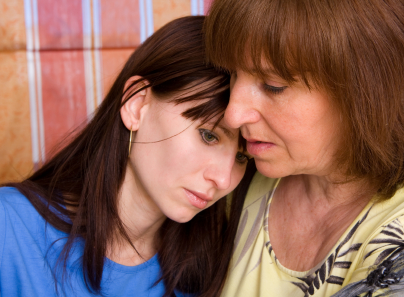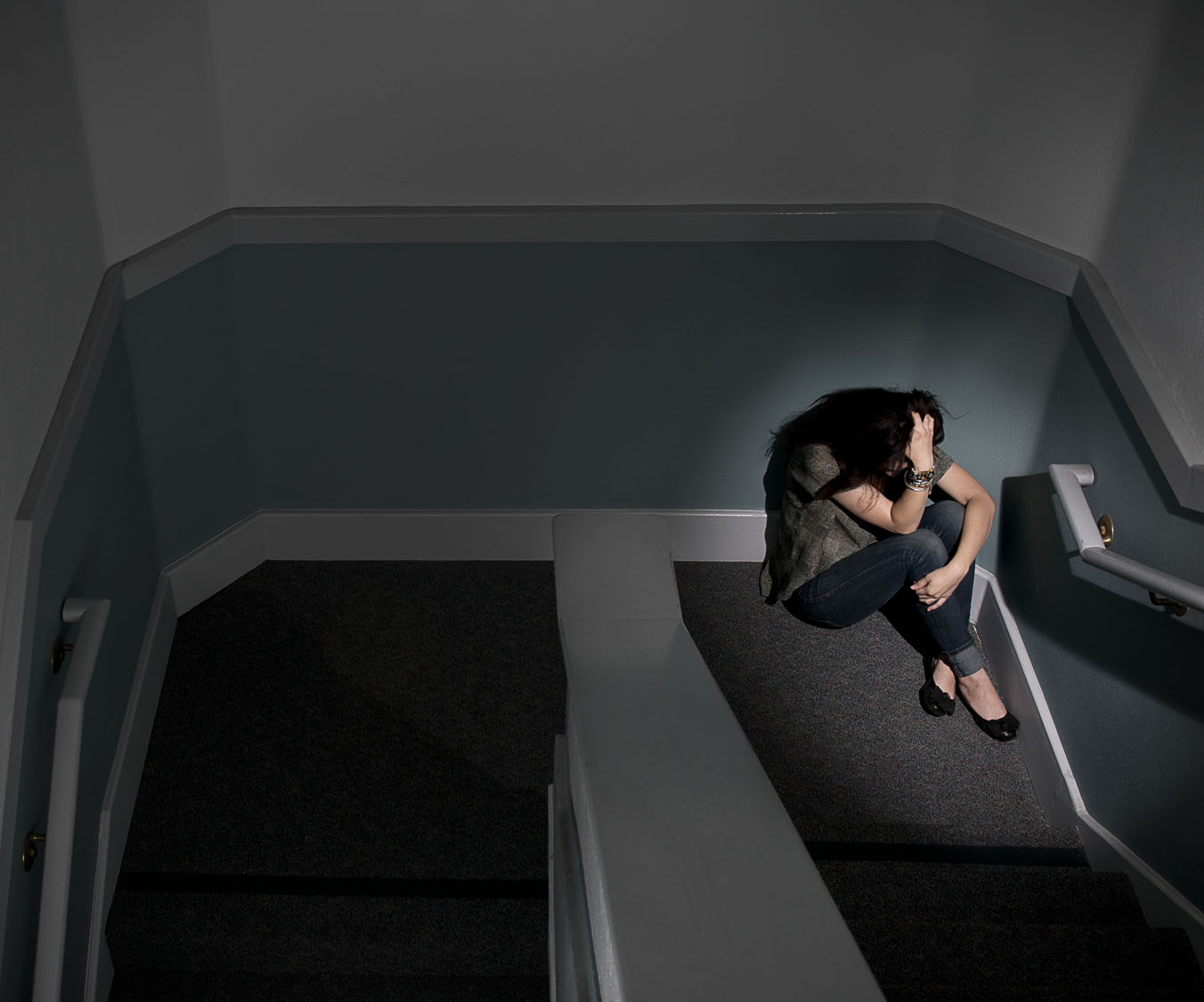Hormones and Depression: Could This Be the Explanation You are Looking For?
Do you experience depression on a daily basis, a monthly basis, or only a few times a year? If you are female, you are more likely to experience depression once a month, during that certain time where your hormones are seriously unbalanced. Hormones and depression are intricately linked together. When your hormones are chemically imbalanced, things happen in your brain, which cause depressive reactions in your body and emotions. You can have either too much of a particular hormone, or too little. There are a few different hormones that can cause depression in your body, such as:
-
Estrogen
-
Progesterone
-
Cortisol
All three of these help to balance one another out when working properly. If your body has a chemical imbalance of these three hormones, then during that time of the month you will be much more depressed than at any other time. There is a possibility that you are constantly experiencing this imbalance. If so then you probably will be depressed all of the time. Does this sound like you? If this is the case, you probably need the help of a therapist.
Symptoms of Hormones and Depression
Even though both women and men can experience symptoms of depression, women are more likely than men to experience depression, and experience it more often. This is why we as women, need our companions, boyfriends, and husbands to be more compassionate, help keep us in line, and be there for us in bad times. Hormonal depression can take a serious toll on our lives, on our families, and in our other relationships. The instability of certain hormones will never completely go away. Possible Symptoms are as follows:
-
Anxiety
-
Sadness
-
Fear of Abandonment
-
Irritability
-
Nightmares
-
Panic Attacks
-
Rage Attacks
-
Bloating
-
Infertility
Hormones, Infertility, Depression, and Diet
As for infertility, many women will notice that they have certain commonalities. One of them being Poly Cystic Ovarian Syndrome, which is caused by hormonal imbalances. If diet can somewhat change these chemical imbalances, then maybe diet can also help with infertility. It isn’t guaranteed, but changing one’s diet doesn’t hurt no matter what symptoms and illnesses one is dealing with in life.
Most of the other symptoms of depression are only temporary, tolerable, and treatable through medication, therapy, exercise, and diet also. However, infertility is seen as something that is untreatable and incurable. It is the most serious symptom of depression and/or hormonal imbalances. If you know you have infertility, then this is one area that you may want to look into more.
Knowledge is Power
Knowledge is power, and the more you research the more knowledge you will have. During those times when you are experiencing what feels like uncontrollable sadness, suicidal thoughts, panic attacks and irritability, if you remember “why” you feel the way you do, you can use your will power to make changes. You can try to focus on other things rather than focusing on the changes happening in your body and the way you feel. You can force yourself to exercise, and/or listen to music which will take your focus off of yourself.
Prevention
There may be many other ways in which you can prevent or change the way you feel, even in the slightest. Your depression may not go away completely, but you can definitely try to help yourself live a more normal life. Especially if you experience it more often than just one week per month. Diet and exercise may be your first step, but there are many other things that you need to do.
Counseling, and group counseling can help you feel better. You will realize that you are not alone. Many women experience symptoms because of hormones and depression. When you start talking to others about what you are experiencing, and how it is destroying your well-being and life in ways you never imagined, you will gain more strength to deal with the symptoms.
*The information provided in this article is for informational purposes only. Never substitute, disregard, or delay seeking professional medical advice and assistance for any health or mental issue(s) you have or are concerned about because of something you have read.